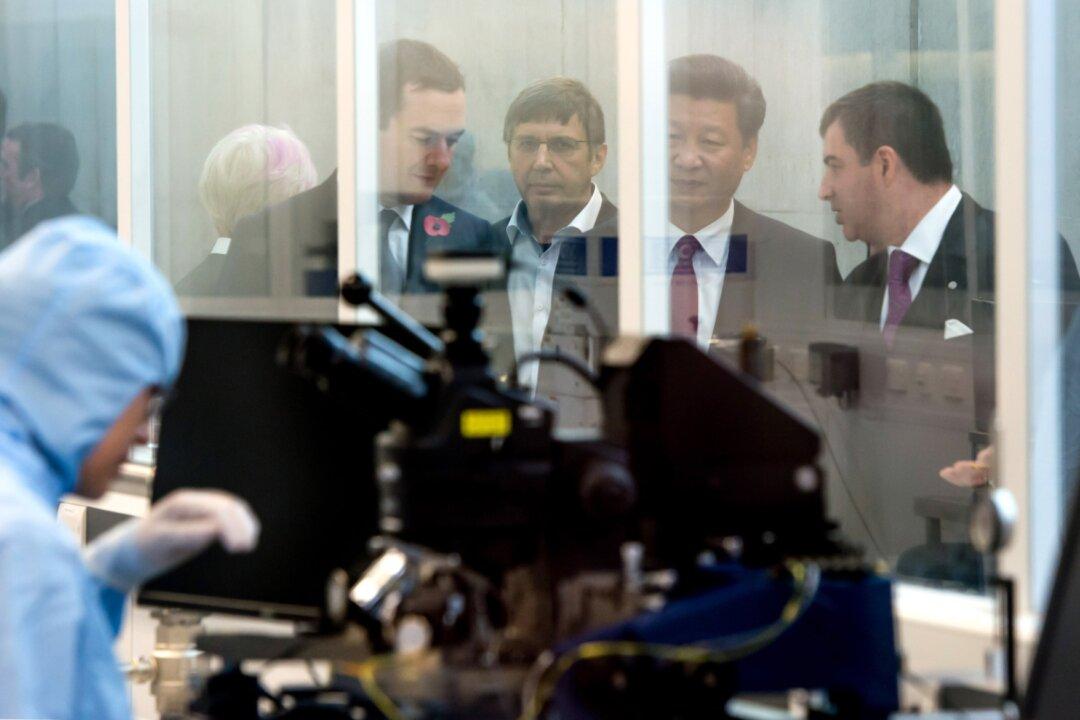The Chinese communist regime has influenced the UK’s top universities and spied on Hong Kong activists in Britain, a documentary has claimed.
According to Channel 4’s “Dispatches” programme, Chinese Communist Party (CCP) officials have interfered with academic freedom at one university, and another British university department led by a Chinese scientist has collaborated with China on artificial intelligence (AI) research that can be used on controlling drone ships and developing missiles.





